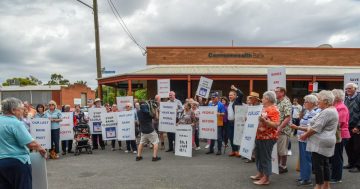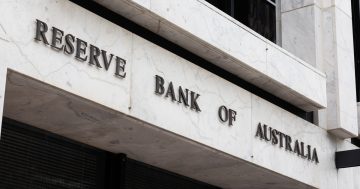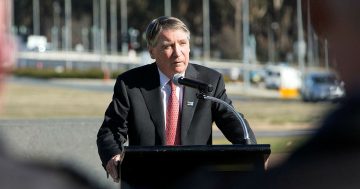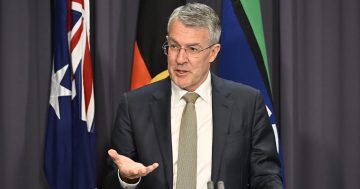MALAYSIA
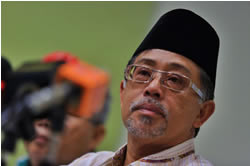 A World Bank report on the Malaysian economy says more could be done to reform the country’s Public Service, which is falling short when compared with the world’s other advanced economies.
A World Bank report on the Malaysian economy says more could be done to reform the country’s Public Service, which is falling short when compared with the world’s other advanced economies.
“The Public Service plays a vital role in Malaysia’s transition to a high-income and developed economy, but it lags behind high-income countries in terms of openness and transparency,” the report said.
The World Bank said that for the Public Service to fully realise its potential, Malaysia would have to invest in human resources management and foster a more transparent environment.
“This includes intensifying efforts to safeguard equal treatment in the sector’s employment processes and improving public perception of the public administration’s impartiality,” the report said.
It said to “re-energise” public services, Malaysia would also need to embrace new technologies and skills to digitalise and automate.
“While the country’s public sector wage bill lies below regional averages, it has also risen as a share of public expenditure in recent years because of the increase in the number of Public Servants, posts, conversion of contract staff to employees, as well as hikes in salaries and allowances,” the World Bank said.
“Furthermore, the Public Service is over-centralised, marred by tedious recruitment processes and suboptimal practices.”
The report brought an immediate response from Malaysia’s main Public Service union, the Congress of Union of Employees in the Public and Civil Services Malaysia (CUEPACS).
CUEPACS President, Azih Muda (pictured) claimed the report was unfair and irresponsible.
He also rejected the view that Malaysia was low ranked in its indicators for accountability, impartiality as well as the transparency and openness of its Public Service.
He asked how the World Bank determined that the Public Service had stagnated.
“We don’t agree, we have been working hard even during the transition period of the Federal Administration,” Datuk Azih said.
“Our performance has not been decreasing; it has been on the increase, and it is not fair to compare our achievements with the whole world.”
Kuala Lumpur, 3 July 2019


